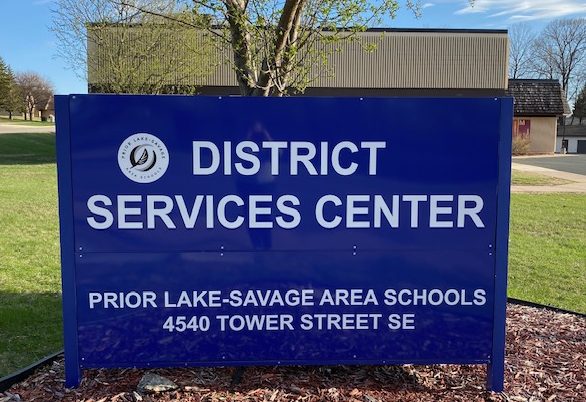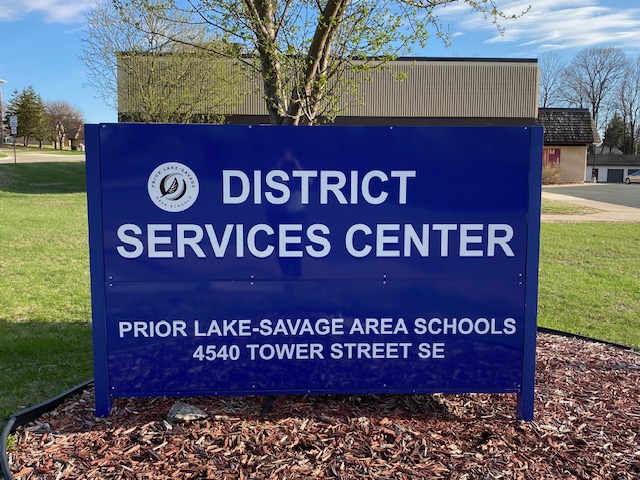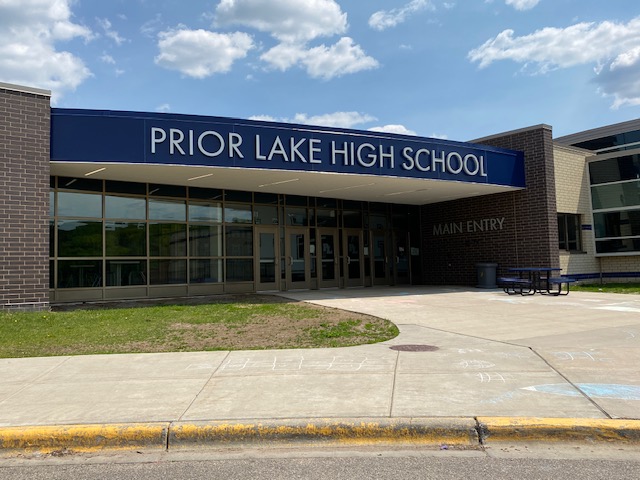Editor’s note: An earlier version of this article stated the Prior Lake-Savage Area School District is facing a budget deficit for 2025-26; however, that did not take into account all revenue sources. The budget is projected to be balanced for that school year.
A preliminary report presented at the May 5 school board meeting showed the budget for Prior Lake-Savage Area Schools to be on balance.
The board has approved $4.1 million in cuts to the budget, resulting in a balanced budget. Tammy Fredrickson, district executive director of business services, told board members a more detailed report, including comparisons to last year’s expense report, will be prepared for the May 19 board study session.
Part of the district’s effort to control costs is tied to this year’s retiring teachers. While discussing special education staffing, board member Lisa Atkinson pointed out retiring teachers typically occupy higher tenure levels and therefore cost the district more money for salaries.
“As teachers retire and we hire a lower level of tenured teachers, I’d like to understand how that impacts the budget as well,” Atkinson said.
Fredrickson said while no teachers in that department were part of the cuts — there was a reduction of four special education paraprofessionals, however — “because we were cutting staff for next year, those retiring teachers, very few of them were actually being replaced. So, they are part of the reductions.”
Emily Herman, executive director of administrative services, added the staffing environment has drastically changed over the past two to three years. With fewer people applying for open positions, the district now ends up hiring replacements that have more experience than in the past.
“While in the past, replacing these retired teachers with different teachers may have seen a bigger cost savings,” Herman said, “we’re just not seeing that anymore.”
Other topics of discussion for the May 19 study session will be a deeper budget conversation, as well as possible school closures. That morning, there will be discussions with school staff at the potential sights. Superintendent Michael Thomas noted that this will strictly be preliminary discussions.
“We’re not making decisions on the 19th,” he said.
There will also be a town hall meeting to address budget issues May 21 at 6 p.m. at the Prior Lake High School auditorium.
Student cell phone usage
The principals of the district’s middle and high schools gave an update on the results of the district’s new protocols on cell phone usage during the board meeting. Both agreed that the protocols have gone well and they see it as a positive change.
Joe Kuboushek, principal of Hidden and Twin Oaks middle schools, pointed out the middle schools’ policy has been updated since the previous school year. Last year, the students had access to their phones during passing times. The updated policy eliminates students’ access to their phones during the school day, 7:20 a.m. to 2:06 p.m. During that time, phones should be in the students’ backpacks or their lockers.
Kuboushek said the new protocol has gone very well. On average, just a few phones a day are collected. Kuboushek pointed out that parents tend to need the most reminding about the new phone protocols.
“The number one rule breakers are the parents texting their students during the school day even though the students’ phones are in their backpacks,” he said.
Principal John Bezek described how Prior Lake High School decided to go with the policy that all cell phones need to be off during class time. Phones can be used during passing time or at lunch. He said that it has gone well.
The high school did a mid-year survey of staff and students to see how they felt about the new policy. More than 100 staffers and 1,500 students responded. Bezek said the differing opinions were interesting, but not surprising. For example, when asked whether the new policy had a positive impact on the students’ ability to focus, 89% of the staff agreed while only 20% of the students gave a positive response.
Bezek shared that having consistency has been helpful.
“It’s easier when we have the expectation that they’re off in all classes,” he said. “In the past we didn’t have that. Now it’s easy for everyone to say, ‘no, we just don’t have them out during class time.’”
He added that although the students aren’t thrilled with the policy, they follow it.
“Kids will follow reasonable rules,” Bezek said. “So, it seems like it’s reasonable and it’s working.”





